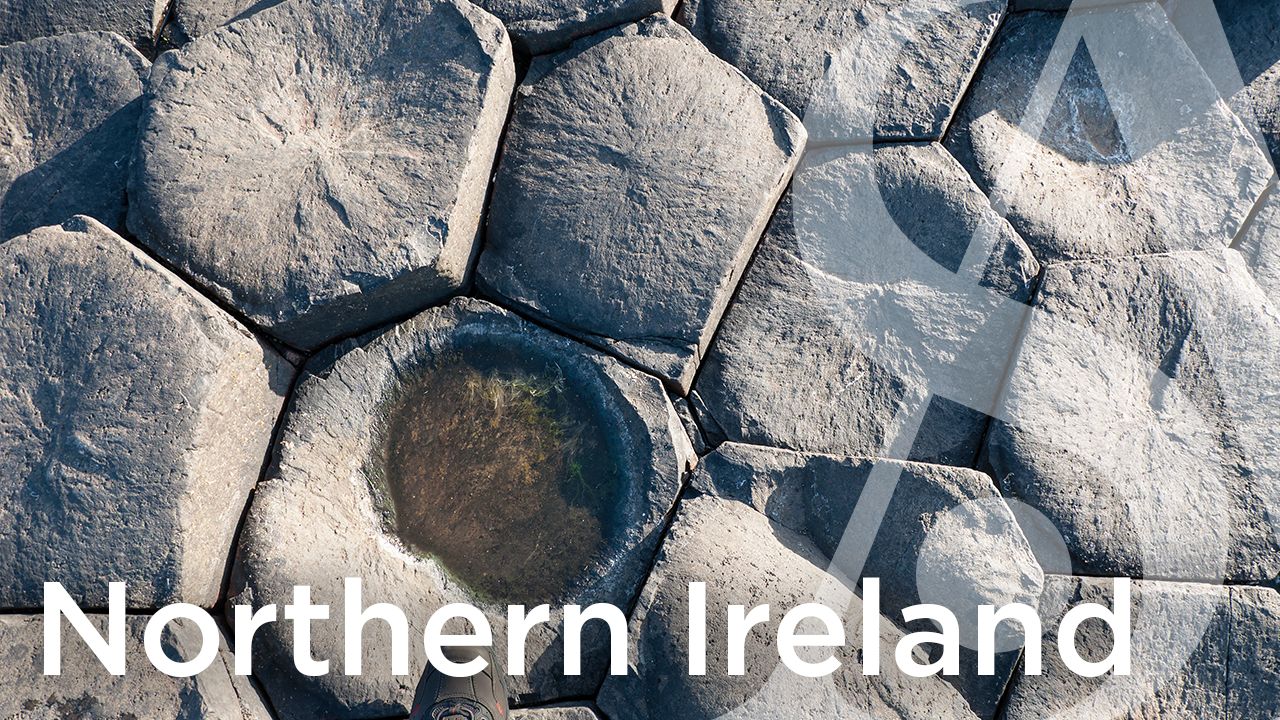It’s a shock to see a pirated copy of your work on a website. Understandably, you may feel angry and upset. It’s tempting to react quickly and spread the word on social media and other outlets about a new pirate site. Sadly, that draws attention to the site and drives more traffic to it from people who want free books. While there is no simple legal mechanism to shut down a pirate site – especially when most sites are non-UK based – there is action that you can take. So, take a deep breath and work through the process step-by-step. As always, the SoA advisory team are here to help members, so please contact us for individual advice.
Firstly, is it really a pirated copy? This can be very confusing and members are welcome to check with the SoA if unsure. For instance, it could be a listing for a second-hand copy, or even a phantom listing for second-hand copies. It can also be hard to tell from an online listing if someone is selling pirated books or if it is a phishing site trying to obtain your payment details. As always, don’t give your bank details or click on dubious links unless you are sure the site is bona fide. If in doubt, check with the SoA.
If it is a pirate copy it will almost always be your publisher that has the contractual right, who should have the expertise to pursue the infringement. Notify your publisher as soon as you can. Your publisher should then send the pirate site a takedown notice or report the matter to the Publishers Association’s Copyright Infringement Portal, after which the PA will send a takedown notice and monitor the site to establish whether the infringing item has been removed.
If the work is self-published, or your publishing contract has terminated and the rights have reverted to you, it is up to you to issue takedown notices. Alternatively, for a fee, you could sign up to the PA’s Copyright Infringement Portal.
You may have to register with a pirate site to serve a takedown notice. If so, the PA advises that you should use an additional generic email address that you link to your normal email address: e.g. authorname.rights@emailprovider.com. It means that you can keep your normal inbox clear from spam but will still see any useful responses from the pirate site.
Most sites include a specific link through which to ‘report an infringement’ or ‘send notice of takedown’. Be aware that they will reject takedown requests if there are errors in the data you supply, so check notices carefully to make sure that the infringing URLs are accurate and that the removal request is sent correctly as required by the site. Sites make it deliberately difficult to send takedowns, so the process may well be tedious. For example, you may need to make a separate request per title or even per every edition of every work.
If there is no form, then email the contact details provided on the site. For added safety, you could again use a generic email address. Your email should be headed ‘takedown request’ and should include in its body your name and contact details, the URL of the offending material, full details of that material, and an explanation as to why you believe it to be an infringement of your rights.
If you cannot find the site URL, Whois Lookup can generally help. Or, if you can safely access the copyright page of the pirate edition (e.g. if it is listed on Amazon and there is a ‘look inside’ option), that should also give information about the publishers. Some pirate sites are set up in a way which makes it almost impossible to track them down to a current URL. Such sites tend to be wholesale pirates and the odds are that the big publishing companies are already doing what they can to have them shut down
Most pirate sites do comply with the takedown process but there are some that don’t. In these cases, it probably won’t be worthwhile for you to sue the infringer. It may not be possible anyway because sites are usually overseas, change their country of origin every few months or are simply untraceable. If you find a pirated copy of your work listed on Google, the rights holder (either you or the publisher) can use the Google Copyright Infringement Reporting Tool to ask for the infringing site to be removed from Google’s search results. If people can access extracts from your work on Google Books, that will have been authorised by your publisher and your publisher should be willing, on request, to ask Google Books to remove it.





